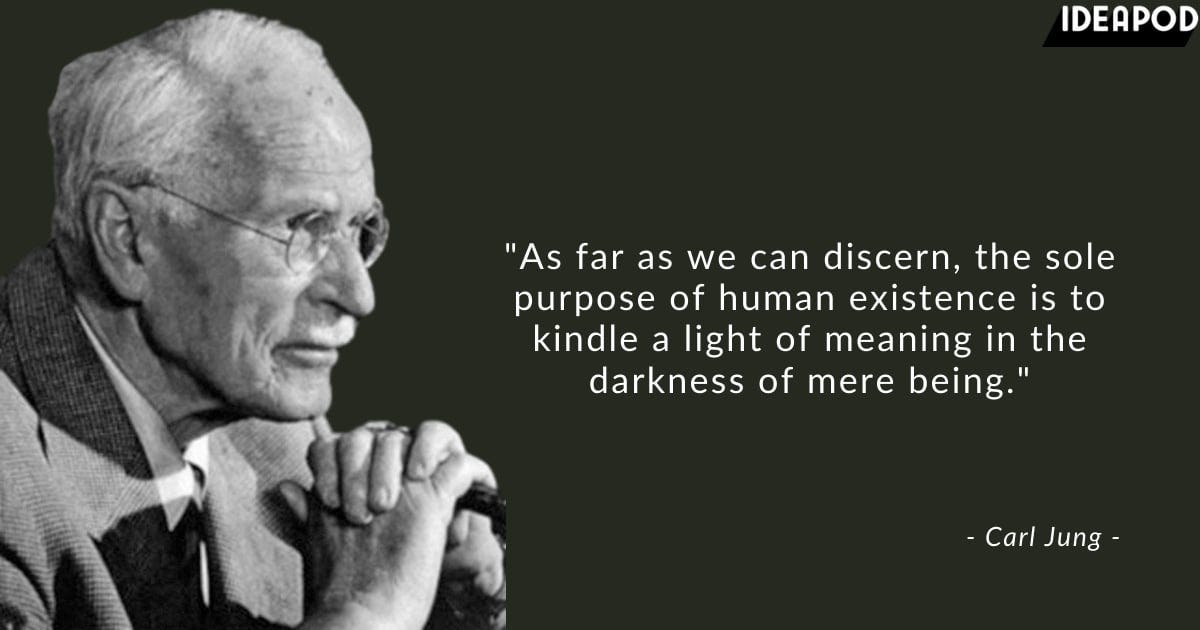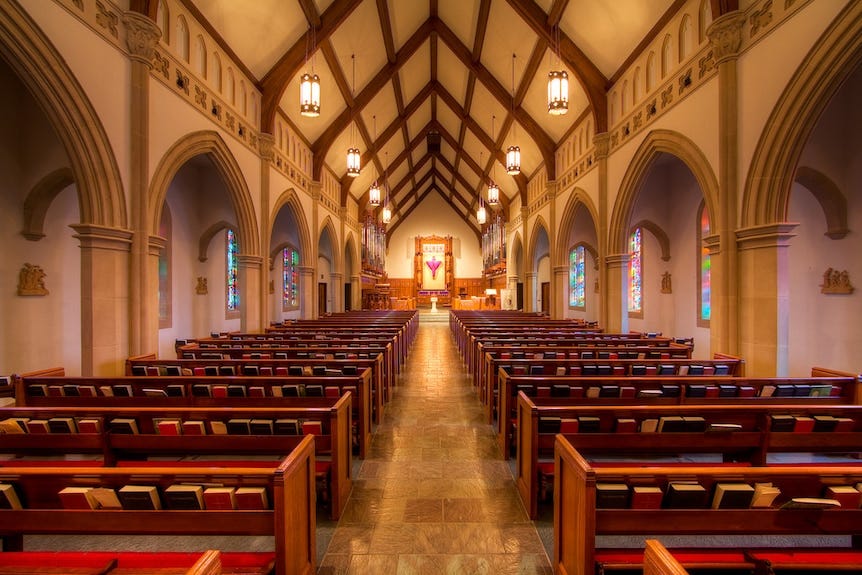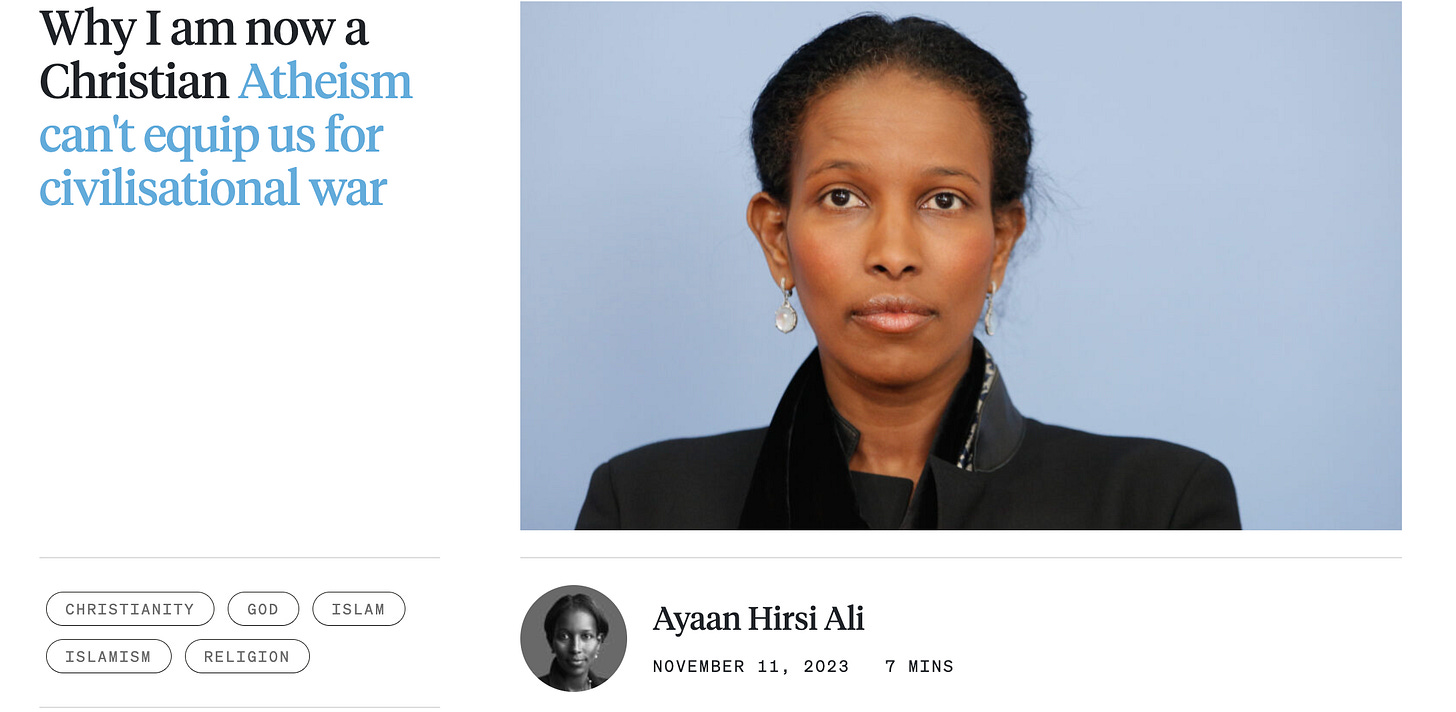In the 1930’s, Swiss psychiatrist Carl Jung treated a patient for severe alcoholism. The patient—identified in Jung’s case notes only as Roland H—had a good initial response to psychotherapy but relapsed almost immediately upon ceasing treatment, as so many people struggling with addiction do.
Discouraged, Roland H returned to Jung, desperately hoping for further insights on how to achieve sustained sobriety. Instead he received a rather bleak assessment. No amount of further psychiatric or medical treatments would cure him, Dr. Jung proclaimed. He was suffering from a spiritual malaise and as such only a spiritual cure—by which Jung meant a genuine religious conversion—could save him. Jung encouraged him (reportedly without much optimism) to seek out a religious community and aim for an authentic connection with the divine. It was, the doctor told him bluntly, his only hope. So Roland H, having great respect for Dr. Jung’s opinion, did precisely that, eventually joining a Christian group which emphasized “the principles of self-survey, confession, restitution, and the giving of oneself in service to others” and which “strongly stressed meditation and prayer.”
These principles may sound vaguely familiar to anyone acquainted with with 12-Step recovery programs. That’s because Roland H’s story of conquering addiction through connection with (and service to) the divine went on to have a profound influence on another alcoholic named William Griffith Wilson—better known as Bill W—who co-founded Alcoholics Anonymous and revolutionized the course of addictions treatment around the world. Many years later, in 1961, Bill W wrote a letter to Dr. Jung, thanking him for his candid (and somewhat unconventional) advice to Roland H which, the AA founder said, was “beyond a doubt the first foundation stone upon which our Society has been built.”
I can’t help but wonder what would have happened to Roland H. if there had been a pill available back then to make him stop craving alcohol, or to mimic its pleasurable effects without the downsides of liver failure and socio-economic decline. What if a little valium or librium or Prozac had been subbed in to numb out his spiritual hunger, keeping him moderately functional and respectable unto his final days?
We will, of course, never know the answer to this question. But I do know one thing: During my residency training in psychiatry, if I had given the same advice to a patient that Carl Jung gave to Roland H (and my supervisor or, heaven forbid, the College of Physicians and Surgeons, had heard about it) I’d have found myself in a boatload of trouble—never mind the well-established connection between religious belief and freedom from mental illness.
As I mentioned in part 1 of In Defence of the Christians, religious people report better than average coping skills and overall mental health. They have improved feelings of social connectedness and report less depression and more life satisfaction than their peers. This is true throughout the lifespan, from childhood and adolescence to old age. Just imagine if Pfizer had a drug that could accomplish these things!
Yet in my five years of psychiatry residency training, not a single lecture or seminar was devoted to our patients’ spiritual health. And in spite of his profound influence on the wider culture, not a single mention was made of Carl Jung, with his stubborn insistence that human beings cannot be reduced to mere instincts and chemicals; that we are, like it or not, religious creatures by nature.
To be a psychiatrist, I was taught, meant focusing on the three pound piece of meat situated between our patients’ ears. We spent countless hours learning about sub-types of dopamine and serotonin receptors and the sophisticated chemicals designed to target them. We learned about trauma, and the effects of bad parenting, and the cognitive distortions that accompanied certain types of mental illness, and if we could point to a quantifiable correlate of these psycho-social things—a test score or a characteristic pattern of light and dark areas on a functional MRI or PET scan of the brain—all the better. We even spent time reviewing Freudian psychoanalysis, if only for its historical significance. (*Freud, an atheist who thought religion could be reduced to “infantile wish-fulfillment,” had not been ex-communicated from the Church of Science.)
All of this was useful up to a point, and I have no doubt that my profession has done much to help people with serious mental illness. Yet I can’t help but wonder whether we’re also doing great harm, both to a significant subset of the individuals who present to us for treatment and, perhaps worse, to the culture at large. We have medicalized disorders of the soul. We have attempted to treat the grief that accompanies disconnection from the sacred by numbing people out with specific serotonin re-uptake inhibitors and benzodiazepines, and by selling them stories about “trauma” and “self-esteem.” In doing so we’ve been complicit in allowing them to ignore their most fundamental instincts—and to avoid the real work that might have made them whole. Because, let’s face it, taking a pill or attending therapy is a whole lot easier—and feels more scientific—than embarking on a program of “self-survey, confession, restitution, and the giving of oneself in service to others,” let alone “daily prayer and meditation.”
So, in a nutshell, here is what I’ve concluded after almost a quarter century of psychiatric practice: Carl Jung was right. Human beings are, above all, spiritual creatures: homo religiosus.
All the medical treatments in the world, all the booze and cannabis and opiates, all the hours of staring into the little black mirrors we carry in our hands, seeking answers, cannot cure the spiritual malaise that seems, now, to be gripping so many people. There can never be enough money, or food, or trophies, or Facebook “likes” or shiny yellow capsules of sertraline to fill up the emptiness because, as the late great religious scholar Huston Smith put it, “you can never get enough of what you don’t really want.”
So what is it that so many people really want but are afraid to go after? Here is my unscientific and unfashionable answer: They seek a life of humility and service. They seek surrender to a higher power. They seek connection to God. But they are simultaneously terrified of it. Embarrassed by it. Immersed in a culture that tells them to be resistant to the very idea of it. Trained to see it as irrational and unsupported by “the facts.”
Is Christianity Making a comeback?
Perhaps as a result of these cultural forces, Church attendance in the West—and religious adherence in general— has fallen steadily for the past several decades (although there are still surprisingly few people who describe themselves as “atheists”) as the graph below illustrates:
Still, I’m not the first to suggest that the religious tide seems, slowly, to be turning. A decade ago it would have been hard to imagine the wild success of people like Jordan Peterson, who routinely sells out large arenas and garners millions of views on YouTube for his talks about the psychological significance of biblical stories. Even five years ago it would have been impossible to imagine Ayaan Hirsi-Ali, once a central figure in the “New Atheist” movement, becoming a convert to Christianity— but convert she did, publicly, in November of 2023. “I would not be truthful,” Hirsi-Ali wrote in a heartfelt essay in UnHerd,
if I attributed my embrace of Christianity solely to the realisation that atheism is too weak and divisive a doctrine to fortify us against our menacing foes. I have also turned to Christianity because I ultimately found life without any spiritual solace unendurable — indeed very nearly self-destructive. Atheism failed to answer a simple question: what is the meaning and purpose of life?
(Bertrand) Russell and other activist atheists believed that with the rejection of God we would enter an age of reason and intelligent humanism. But the “God hole” — the void left by the retreat of the church — has merely been filled by a jumble of irrational quasi-religious dogma. The result is a world where modern cults prey on the dislocated masses, offering them spurious reasons for being and action — mostly by engaging in virtue-signalling theatre on behalf of a victimised minority or our supposedly doomed planet. The line often attributed to G.K. Chesterton has turned into a prophecy: “When men choose not to believe in God, they do not thereafter believe in nothing, they then become capable of believing in anything.”
In a February interview with Aaron Rodgers, the once avowedly anti-religious Joe Rogan acknowledged that we need probably need religion to provide us with, among other things, a strong moral compass. (He then added, with what may have been a cannabis-induced giggle, that if Jesus were thinking about coming back, now would be a good time.) Even arch-atheist Richard Dawkins has reluctantly admitted—somewhat awkwardly and just last week—that he considers himself a “cultural Christian,” though he was careful to add that he remains a non-believer.
There seems to be a growing recognition, even among avowed atheists like Dawkins, that our civilization was founded on Judeo-Christian values and that we cannot survive as a culture if we reject those values wholesale. But more than this, there is an almost palpable yearning for connection with (and service to) something higher than ourselves, a religious instinct which, too long suppressed by our reductionist-materialist post-Enlightenment culture, is now beginning to burst forth—giving rise to weird new pseudo-religions like “Wokeism” and radical environmentalism— but also to a new fascination with Christianity and other established religions.
Paul Kingsnorth, a writer and somewhat reluctant recent convert to Orthodox Christianity (by way of radical environmentalism, Buddhism and then Wiccan paganism!) put it this way:
I think the real story is that our religious sensibility is slowly revealing itself to us again, emerging blinking into the light; our instincts are trying to return to their source. On some level we perhaps know this, but we are holding it off as long as possible, because to turn around and look into the light would be to accept that our whole culture has been trailing down a dead-end road since the Enlightenment. We can’t look at that fact, so we look at absolutely everything else instead. But the confrontation can’t be put off forever.
The biggest lie my culture told me was that matter was dead, along with God, and that humans could reason their way to freedom. Reason has its uses — it is a gift we are given, and we should wield it, like technology, as wisely as we can. But at root, humans are fundamentally spiritual animals. The future is not atheists in space. The future, like the past, will be religious.
Will the future be religious, as Kingsnorth says? And will the Christian church renew itself? GK Chesterton thought it would. In Part 3 of In Defence of the Christians, we’ll take a look at how this might happen.










You can't reason your way to freedom because our freedom flows from God's authority.
The COVID episode was not just a wholesale attack on our liberty - stripping us of our agency - but an assault on God's will.
It was one of the darkest moments I've experienced. People thought they were being 'compassionate' and 'rational' when in fact it was the opposite operating in a panicked vacuum. Reason was the first casualty of the moral panic.
God. Use him or lose him.
Excellent article and well stated. I personally have returned to a relationship with God after a miserable hiatus of some decades. I am seeing that atheists have had their run, and didn't do too well. We are spiritual creatures, and that is not going to change. When we separate ourselves from God, we don't fare well.